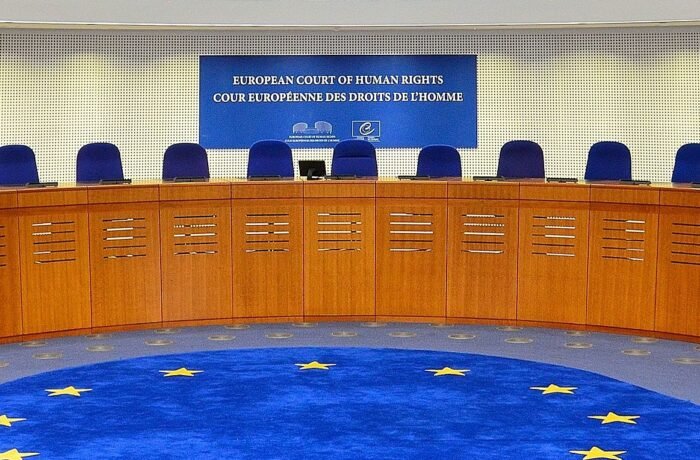The Italian Federation for Human Rights (FIDU) is pleased to announce its submission of a third-party intervention to the European Court of Human Rights (ECtHR) in the case of Nazım Altıntaş v. Türkiye (Application no. 12052/20). FIDU was granted leave to intervene by the President of the Section on August 30, 2024, under Rule 44 § 3 of the Court’s Rules. This intervention addresses key legal issues under the European Convention on Human Rights (ECHR), particularly concerning the use of Article 314 of the Turkish Penal Code (TPC) regarding alleged membership of armed terrorist organizations.
Summary of Key Points
- Article 314 of the Turkish Penal Code: FIDU’s intervention focuses on the application and interpretation of Article 314 of the TPC, Türkiye’s principal anti-terrorism provision. The submission questions whether this provision complies with European standards of legal clarity and foreseeability. FIDU raises concerns about the vague legal definitions and the overbroad application of this law, which has been used to criminalize activities that were lawful at the time they were carried out.
- The Gülen Movement (GM) and its Designation as a Terrorist Organization: FIDU scrutinizes Türkiye’s designation of the Gülen Movement (referred to as ‘FETÖ/PDY’ by the Turkish government) as a terrorist organization. Although initially regarded as a legitimate organization by Turkish authorities, GM’s activities were retroactively criminalized following the 2016 coup attempt. FIDU highlights that no other state party to the ECHR has designated GM as a terrorist organization, raising concerns about the legality of retroactively prosecuting individuals for lawful activities.
- Relevant Rulings and ECtHR Precedents: The intervention references key ECtHR rulings, such as Yüksel Yalçınkaya v. Türkiye and Demirtas v. Türkiye, which criticize the arbitrary interpretation of Article 314 by Turkish courts. FIDU argues that many convictions are based on weak evidence, such as using the Bylock messaging app or holding accounts in Bank Asya, without proof of criminal intent.
- Concerns Over Freedom of Expression: FIDU also raises concerns about the applicant’s right to freedom of expression under Article 10 of the ECHR. The applicant’s conviction was partly based on social media activity and newspaper subscriptions. FIDU argues that these actions fall under the protection of lawful free speech, referencing the Yasin Özdemir v. Türkiye case, where similar charges were deemed unlawful.
- Previous Submissions on Article 314: This is not the first time FIDU has intervened on the issue of Article 314. In 2021, FIDU made a submission to the ECtHR regarding the abusive and unforeseeable use of this anti-terror provision by Turkish authorities, particularly the criminalization of the peaceful use of the encrypted messaging app Bylock. This expert opinion was submitted in the case of Saglam v. Turkey (Application no. 14894/20), which is currently pending before the Court.
Collaboration with The Arrested Lawyers Initiative
Both this submission and the 2021 expert opinion were prepared with the valuable assistance of The Arrested Lawyers Initiative. Their expertise and support were instrumental in highlighting the issues of legal uncertainty and the misuse of anti-terror laws in Türkiye.
About FIDU
The Italian Federation for Human Rights – Italian Helsinki Committee (FIDU) is a non-profit civil society organization, based in Rome and operating across Italy and internationally. FIDU promotes human rights and civic engagement, adhering to international and EU standards as well as the Italian Constitution. It pursues social utility, solidarity, and human rights advocacy, often collaborating with international networks with similar goals.
Conclusion
FIDU’s intervention emphasizes the problematic use of vague legal provisions to retroactively criminalize lawful activities in Türkiye. The organization urges the ECtHR to examine whether the application of Article 314 aligns with the principles of legal certainty under the ECHR. Furthermore, FIDU stresses the importance of safeguarding freedom of expression and association in a democratic society.
This submission reflects FIDU’s enduring commitment to defending human rights and the rule of law, particularly in regions where legal standards are at risk of being undermined.


